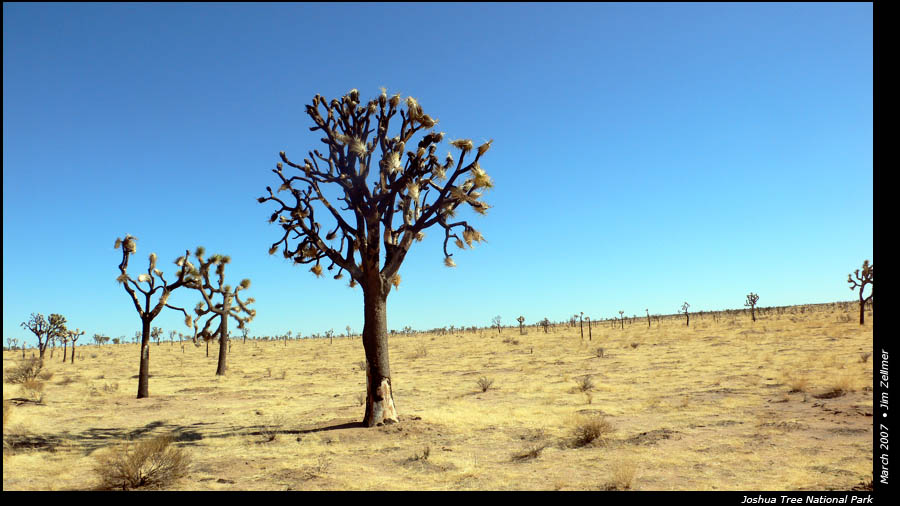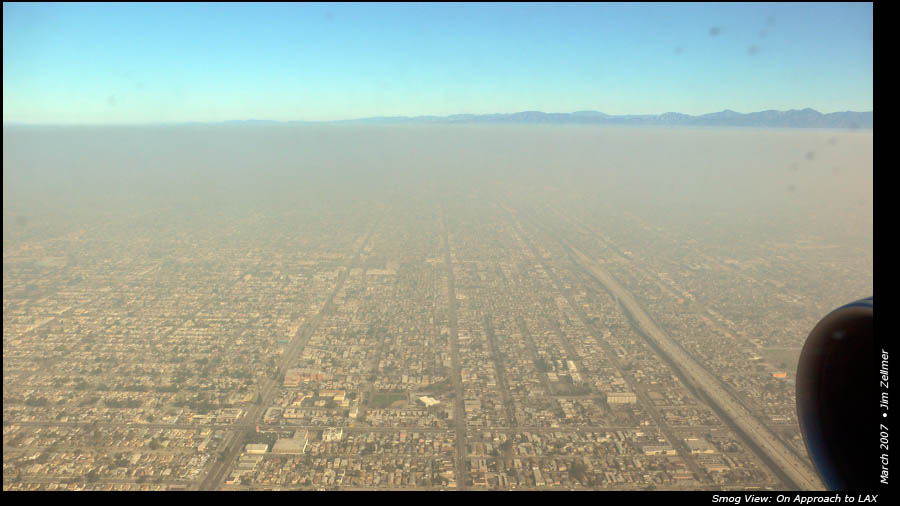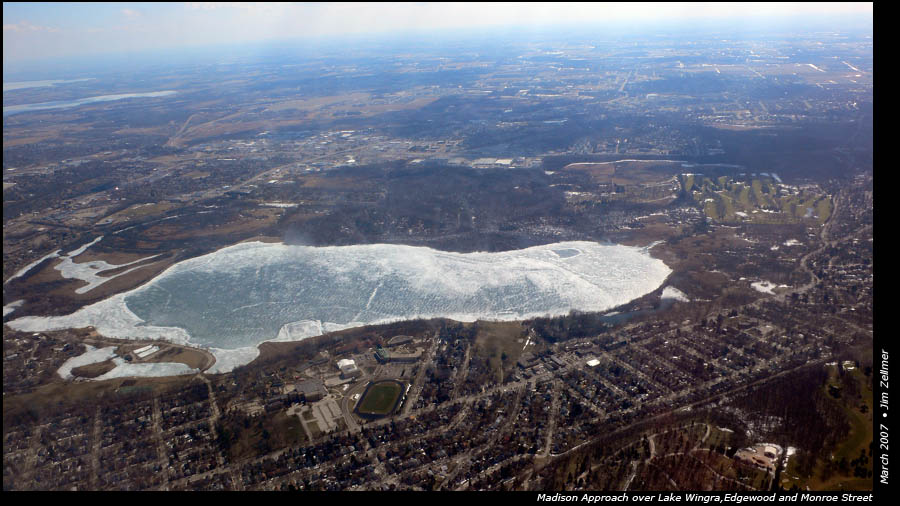Niall Ferguson:
AT AGE 42, NIALL FERGUSON HAS BECOME one of the world’s most famous and provocative historians, with high-profile posts ranging from Harvard to Oxford to Stanford University’s Hoover Institution. Born in Scotland and educated at Oxford, he is not only a prolific author of books, including Colossus (2004), an examination of American empire, and The War of the World (2006), a study of World War II, but a media star with a weekly newspaper column and numerous television projects. Ferguson also has developed a growing fan club on Wall Street and in British financial circles, where he has stressed in speeches that investors are too complacent about geopolitical risk, notably growing instability in Iraq and elsewhere in the Middle East.
Geopolitical issues and economic history are Ferguson’s specialty, and he approaches both with uncommon intelligence, style and vigor. His rightward-leaning views have been embraced by those who believe that the American empire can and should be a force for good in the world. Some on the left have attacked him, perhaps unfairly, as an apologist for imperialism — Britain’s in days of old, and the American strain that critics charge has mired the U.S. in Iraq. In a recent column, reprinted in the Chicago Tribune, Ferguson berated Democratic presidential hopeful Barack Obama, “with his melting-pot roots and his molten-hot rhetoric,” for calling for a withdrawal of U.S. forces from Iraq by March 2008, in the misguided notion it would hasten a peaceful solution to that nation’s “internecine conflict.”
Amplifying this theme, Ferguson told Barron’s that America’s speedy departure likely would transform Iraq into “as violent and unstable a place as Central Africa was in the 1990s.” An ardent supporter of Britain’s former prime minister Margaret Thatcher, he is about to be named an adviser to Republican presidential candidate John McCain.
FERGUSON IS FASCINATED by what he calls the “paradox of diminishing risk in an apparently dangerous world.” By that, he means ebullient global stock markets and record-tight yield spreads between risk-free U.S. Treasuries and junk bonds and emerging-market debt. He also cites declining volatility in stock, bond and foreign-exchange markets, and an abiding faith in the ability of the Federal Reserve and other central banks to rescue the investment community from any potential financial crisis. Although the global stock-market selloff two weeks ago wasn’t spurred by geopolitical events, it validated his concern that investors have willingly downplayed risk.




